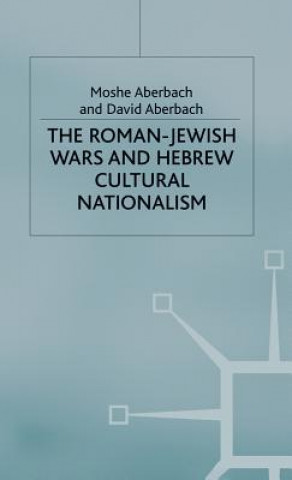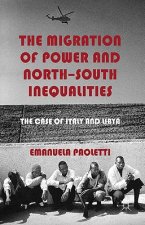
Doručení
Nákupní rádce





Nehodí se? Vůbec nevadí! U nás můžete do 30 dní vrátit
 Dárkový poukaz
V libovolné hodnotě
Dárkový poukaz
V libovolné hodnotě
S dárkovým poukazem nešlápnete vedle. Obdarovaný si za dárkový poukaz může vybrat cokoliv z naší nabídky.
Roman-Jewish Wars and Hebrew Cultural Nationalism, 66-2000 CE
 Angličtina
Angličtina
 147 b
147 b
30 dní na vrácení zboží
Mohlo by vás také zajímat


The Roman-Jewish wars of 66-70, 115-17 and 132-35 once destroyed the territorial, social and political bases of militant Jewish nationalism. Successive defeats brought a Roman ban on Jewish residence in Jerusalem and on proselytization. Most of the Jewish population of Judaea, in southern Palestine, were annihilated or exiled. The creative heart of Judaism shifted to Galilee, where the study of rabbinic law and homiletics flourished, mostly in Hebrew, and the Mishna - the basis of the Talmud - was edited by the Tannaim (Mishna teachers). Defeat and exile made Jewish religious-cultural isolation and vulnerability to anti-Semitism irreversible for the next nineteen centuries. In this controversial book, the authors show how the Roman-Jewish wars were precipitated partly by Jewish demographic and religious expansion and by conflict with the Greeks and their culture. They argue that the trauma and humiliation of defeat stimulated Jewish cultural growth during and after the wars. This culture was an implicit rejection of Graeco-Roman civilization and values in favour of a more exclusivist religious-cultural nationalism. This form of nationalism, although unique in the ancient world, anticipates more recent cultural-national movements of defeated peoples.
Informace o knize
 Angličtina
Angličtina
Kategorie




 Jak nakupovat
Jak nakupovat






















